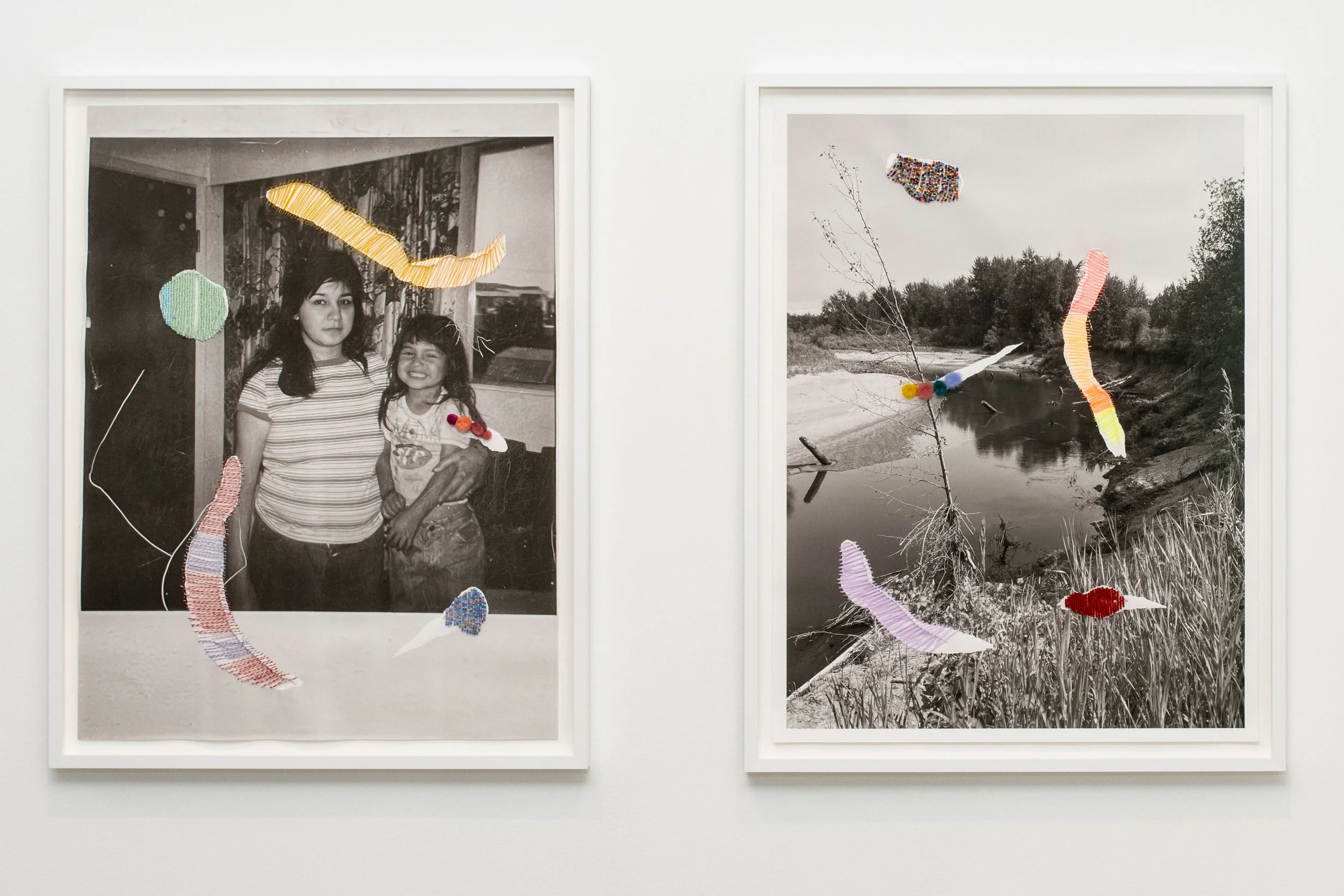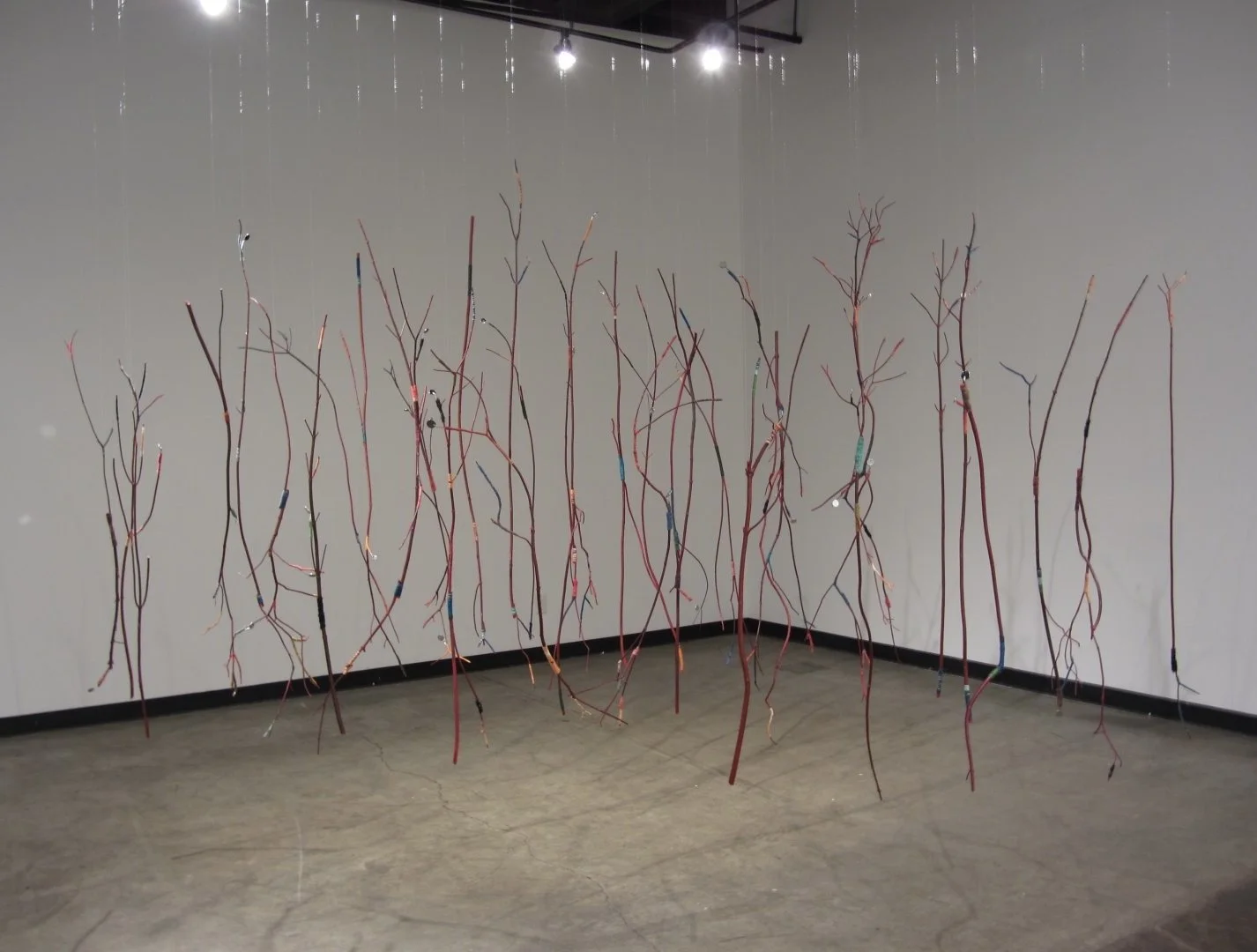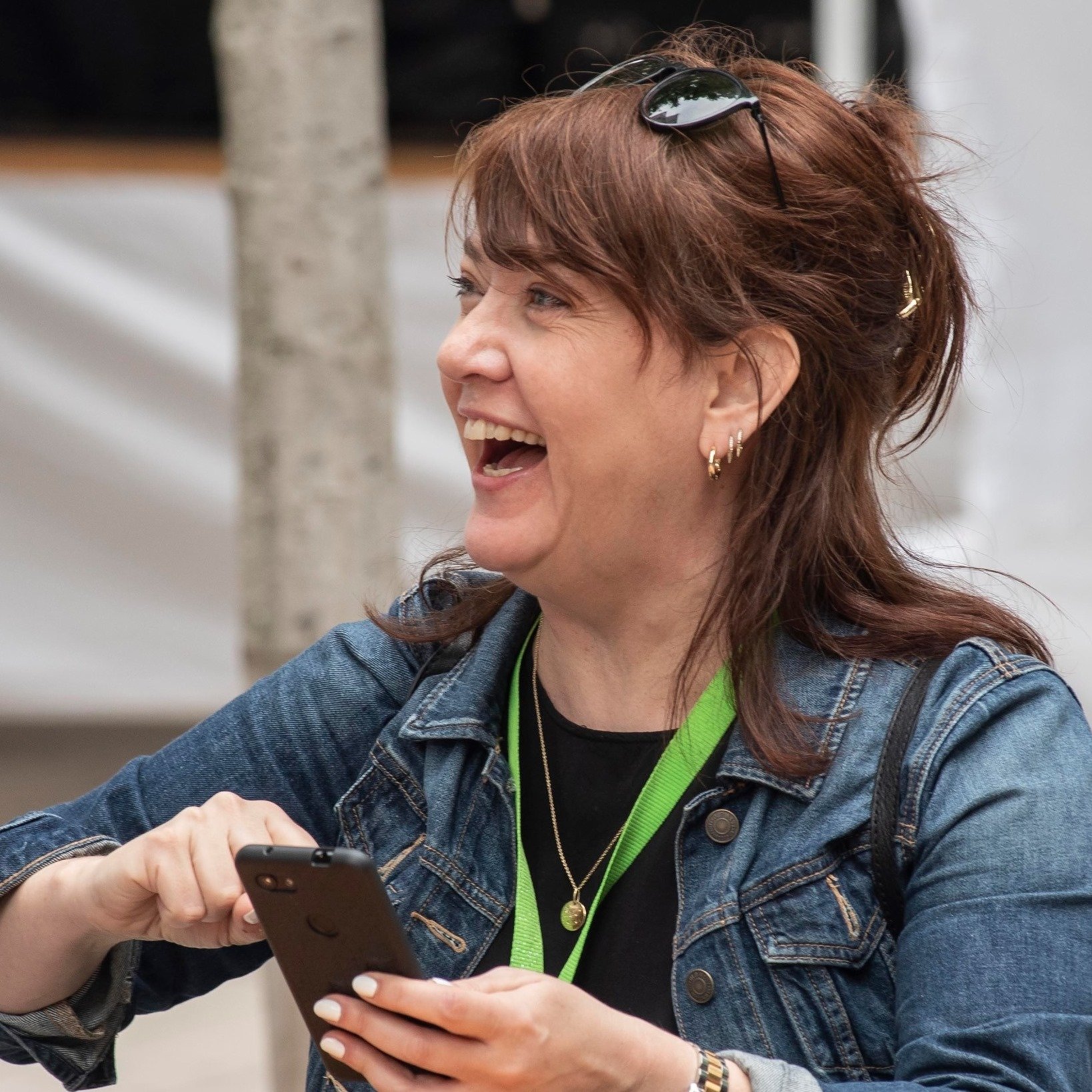Artists with African origins talk resistance and decolonization on July 27
The online panel discussion marks the opening of the new Zainub Verjee Institute
Clockwise from top: Zainub Verjee, Laiwan, Shaheen Merali, Linda Mvusi, and Rikki Wemega-Kwawu.
Western Front and Centre A present the online discussion Resistance as an Act of Public Pedagogy on July 27 at 11:30 am. Zoom registration is here.
A FREE VIRTUAL PANEL on Tuesday morning will bring together five artists with African origins—Rikki Wemega-Kwawu, Laiwan, Linda Mvusi, Shaheen Merali, and Zainub Verjee—to discuss their practices, their experiences of resistance, and histories of decolonization.
Moderated by Narendra Pachkhédé. the event is the first to mark the launch of the Zainub Verjee Institute. It coincides with her exhibit Speech Acts: Zainub Verjee, on view at Centre A through August 28.
Named for the multidisciplinary artist, writer, and longtime champion of artists’ rights, the new institute is aimed at fostering conversations around public literacy in the arts and its role in society.
Born in Kenya, Verjee was educated in the UK and studied at SFU in the early 1970s. She ran the Western Front for a decade in the 1990s, and she’s currently executive director of the Ontario Association of Art Galleries.
She has advocated for a basic income for artists, and contributed to the Status of the Artist—an act that defines the essential role of art, artists’ rights, and a state’s duty to uphold artistic freedom. In 2020, she was awarded the Governor General’s Award in Visual and Media Arts for Outstanding Contribution.
On the panel: Rikki Wemega-Kwawu is a contemporary artist from Sekondi, Ghana, whose works grapple with the effects of globalization and the African diaspora on African art, as well as the politics of cultural dictatorship in the evaluation of modern African art; Laiwan, born in Zimbabwe to Chinese parents, is an interdisciplinary artist, writer, and educator with a wide-ranging practice based in poetics and philosophy; Linda Mvusi is an award-winning architect and actress, best known for her design of the Apartheid Museum in Johannesburg and for her 1988 Cannes Film Festival award for Best Actress in the film A World Apart; and Shaheen Merali is a London-based curator and writer who explores the intersection of art, cultural identity, and global histories.
The ideas grow out from Verjee's exhibit, Speech Acts, which reflects her sustained and long-term engagement resistance, activism, artist’s labour, and discourse-making—speech, listening and writing.













